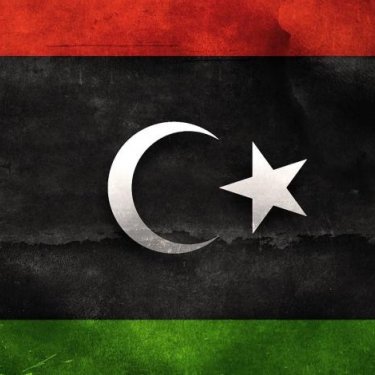On Libyan revolution’s 10th anniversary, authorities urged to guarantee press freedom

On the 10th anniversary of Libya’s February 2011 revolution, Reporters Without Borders (RSF) and two Libyan press freedom organizations issue a joint call to the new Libyan authorities to do their utmost to guarantee freedom of the press and journalists’ safety.
In particular, RSF, the Libyan Organization for Independent Media (LOFIM) and the Libyan Institution for Investigative Journalism (LIFIJ) urge Libya’s authorities to establish legislation that protects media freedom and the right to inform.
The press freedom situation in Libya has declined dramatically since the start of the civil war in 2014. The toll of abuses against journalists and media outlets by armed groups associated with successive Libyan governments has grown steadily. Many cases of murder, abduction, arbitrary arrest, enforced disappearance and torture in detention centres and prisons have been registered in the past six years.
The many other press freedom violations have included online smear campaigns, physical attacks, illegal prosecutions, police raids on journalists’ homes and workplaces, threats, heavy-handed interrogation, cases of psychological and sexual harassment, and searches of mobile phones at security checkpoints.
Committed against a backdrop of civil war and political division, these constant abuses, acts of intimidation and attacks against journalists have been encouraged by a climate of absolute impunity. Not one of these crimes against journalists and media outlets has even been brought to trial. The decline in press freedom has brought Libya to its lowest-ever position in RSF's World Press Freedom Index – 164th out of 180 countries.
In 2011, Libya’s protesters were calling for more freedom and democracy but, instead, freedom of opinion and expression and the right to demonstrate peacefully keep on being flouted. New repressive laws have been adopted by the post-revolutionary authorities, compounding those already in effect under the dictatorship. Press offences are still punishable by death. These laws violate the Libyan Constitutional Declaration and Libya’s international obligations regarding the freedom to inform.
Furthermore, the lack of a framework law guaranteeing the public’s right of access to information has contributed significantly to the spread of corruption and to making it impossible for the media to guarantee reliable news reporting.
The freedom to inform is a fundamental right. The foundations of a democracy cannot be laid without a free, independent and pluralist press. The current attempt to end the years of divisions and conflict can only achieve its goals if freedom of expression is guaranteed and accepted by the Libyan authorities.



